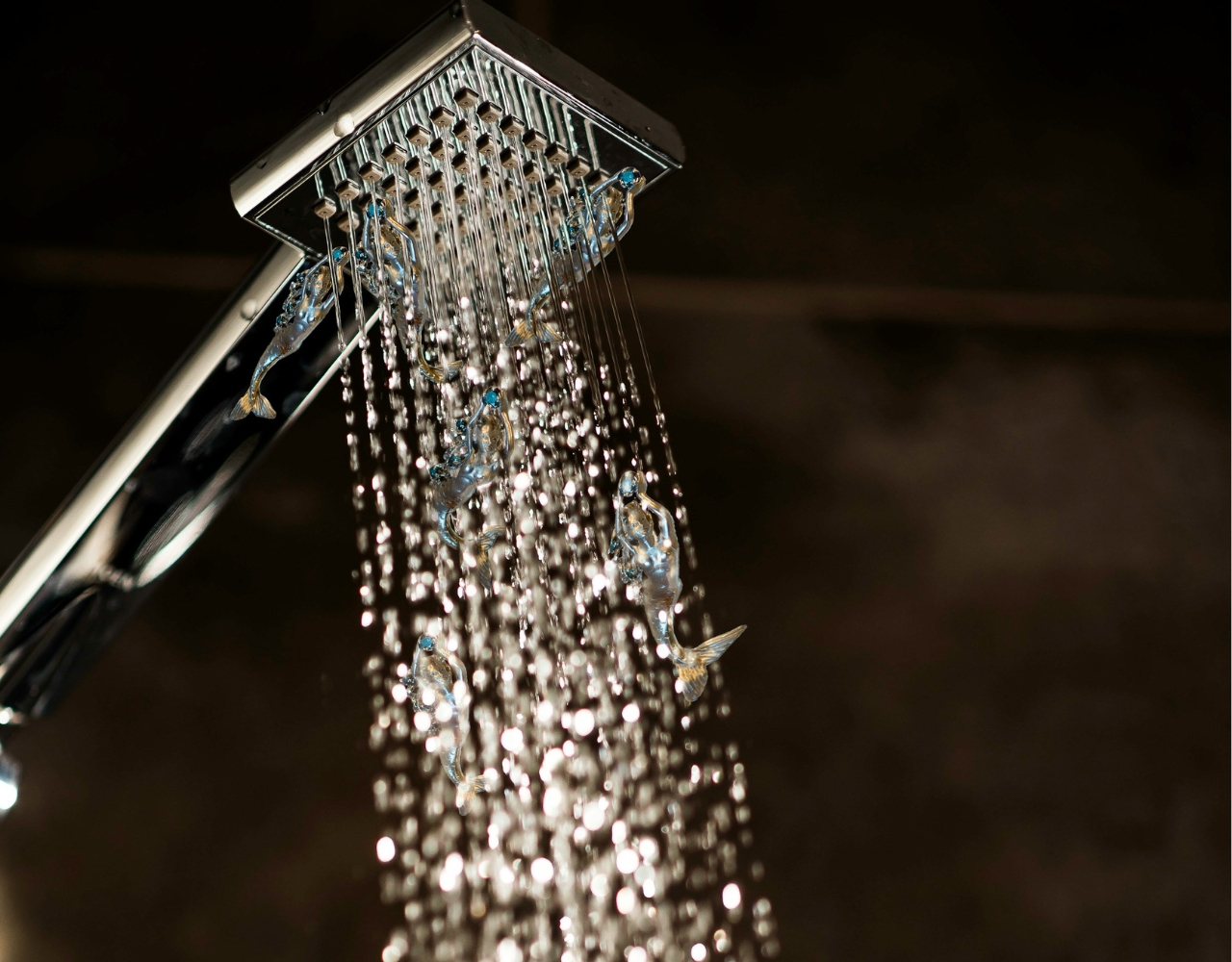A weak shower can make even the best start to the day feel disappointing. In many New Zealand homes, low water pressure is a common issue, especially in older properties with gravity-fed systems or homes in rural areas. Fortunately, there are several ways to improve your shower’s performance without resorting to a complete plumbing overhaul.
In this guide, we’ll share practical tips on how to improve water pressure in your shower and explore solutions tailored to New Zealand homes.
1. Check for Clogged Showerheads
Over time, mineral deposits and limescale can build up, blocking the flow of water. A simple fix is to remove your showerhead and soak it in white vinegar overnight. This breaks down limescale and helps restore proper water flow. If cleaning doesn’t help, consider replacing the showerhead with a model designed for low-pressure systems.
2. Inspect for Leaks
Small leaks in pipes or fittings can cause a significant drop in water pressure. Check visible pipes around the house, and keep an eye out for damp patches or unexpected water usage. Even a tiny leak can reduce the pressure reaching your shower.
3. Adjust the Mains Valve
If your mains water valve is not fully open, it can restrict water flow throughout the house. Locate the valve (usually near the water meter) and ensure it’s fully turned on. This quick check often resolves low pressure issues.
4. Install a Shower Pump
One of the most effective ways to increase shower pressure in NZ homes, particularly those with low-pressure or gravity-fed systems, is by installing a shower pump. A pump boosts water flow, giving you a stronger and more consistent shower experience. A licensed plumber can advise you on the right pump for your system and handle the installation safely.
5. Upgrade to a Mains Pressure Hot Water Cylinder
Many older New Zealand homes still have low-pressure hot water cylinders. Upgrading to a mains pressure system can dramatically improve both water flow and temperature consistency. While this is a larger investment, it’s a long-term solution that modernises your plumbing system.
6. Check for Blockages in Pipes
Rust, sediment, and debris can collect inside pipes over time, reducing water flow. If you suspect internal blockages, a plumber can flush the system or recommend pipe replacements for better pressure.
7. Consult a Licensed Plumber
If you’ve tried the quick fixes and still have low shower pressure, it’s time to call in a professional. A plumber can test your system, identify underlying issues, and recommend the best long-term solution, whether it’s a pump, cylinder upgrade, or pipework adjustment.
Need Help Increasing Your Shower Pressure?
Citywide Plumbing and Pumps has years of experience helping Kiwi homeowners enjoy better showers. From installing shower pumps to upgrading hot water systems, we offer expert advice and reliable service across Auckland.
Call us today to discuss how we can improve your water pressure and make your daily showers a pleasure.


